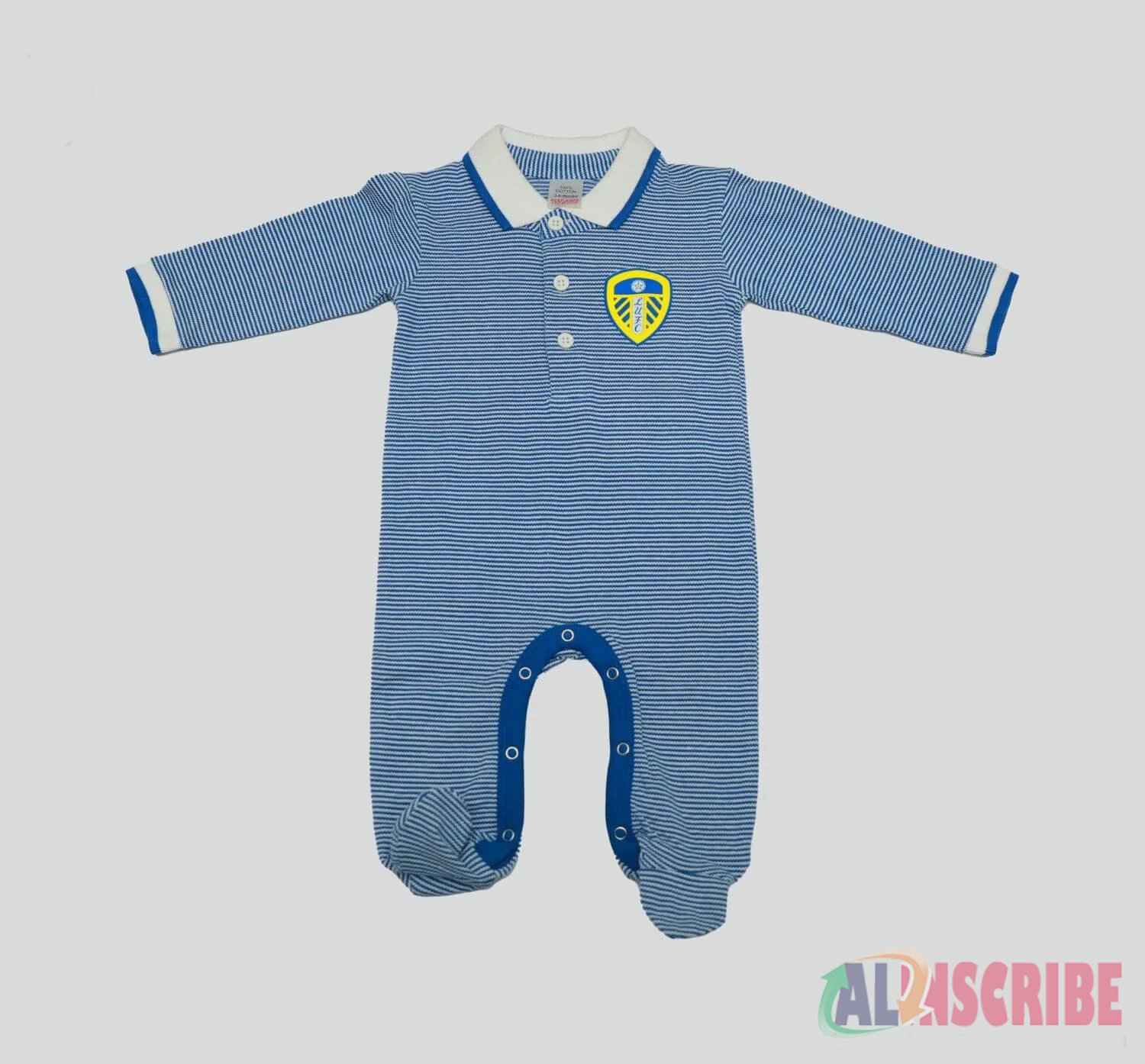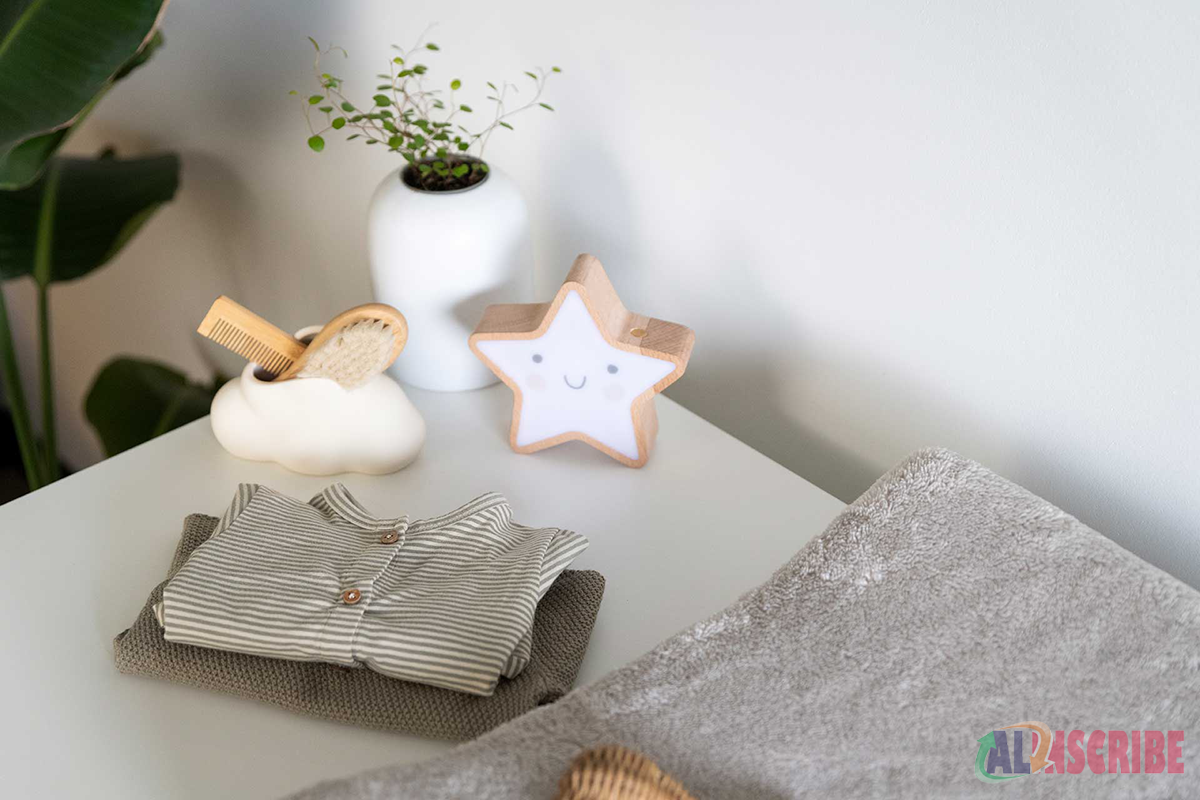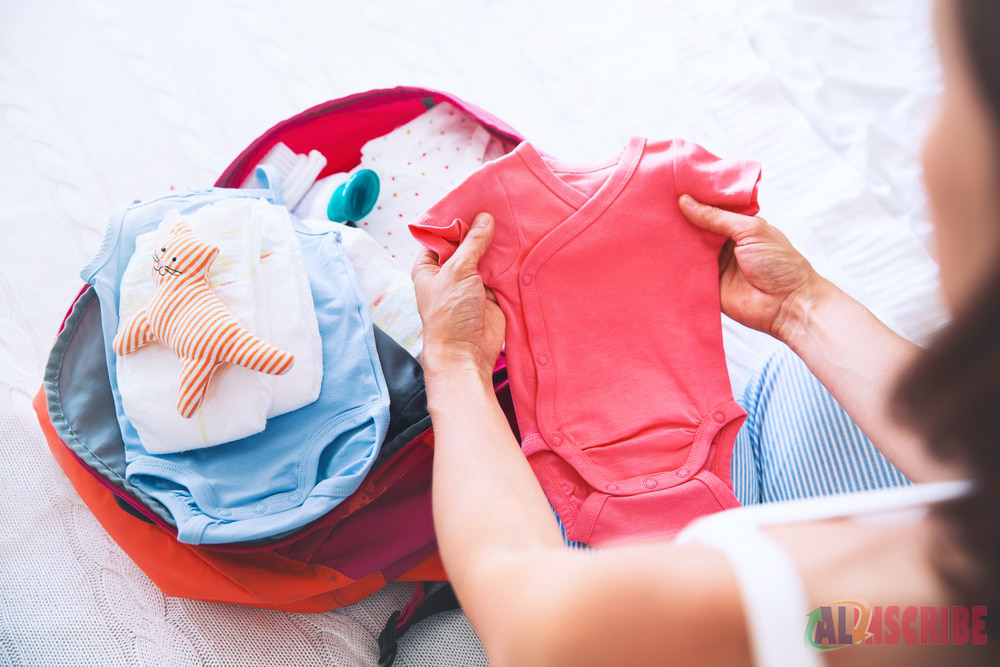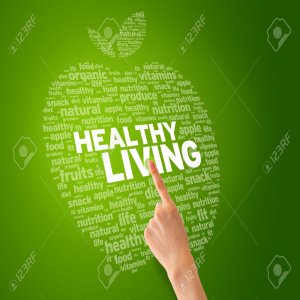Why You Should Buy Organic Baby Clothing

While many products like food and cleaning materials have gone green, clothing products have yet to pick up on the trend. This is changing as people have started demanding fabric that should not only be Eco-friendly, but that the material itself should be free from potentially harmful chemicals and pesticides. The trend has taken off in baby and infant clothing as a lot of researches suggest that early exposure to even small amounts of toxins can have long term health consequences.
Infants and children are at greater risk because they are more vulnerable to health issues. This is especially true in the case of fabrics because of the constant contact with skin. Infants have greater skin surface to weight ratio as compared to adults so the absorption of harmful chemicals into the skin is more damaging. Their skin is more sensitive too and the chemicals could cause irritation and rash.
Some synthetic fabrics release traces of gasses (known as off-gassing) that can be harmful. In the case of infants the danger is more acute as babies breathe in more air relative to weight. This means that while their overall exposure to fumes is lower, it is greater due to the proportion of their body weight. This can compromise the central nervous system and immune system development.
Organic Fabric
Organic fabric and baby clothing is also more environmentally friendly. Cotton is a big offender as an inordinate amount of pesticides is used to keep the damage caused by insects at bay. The long term health risks of pesticides is now becoming known as wide-spread use of chemicals in farming started only in the middle of the 20th century.
Farming to produce organic cotton eliminates all pesticides and a field must be free of chemicals for at least three years. In order to compensate for the lack of pesticides farmers use the practices of pre-chemical days such as good soil management and crop rotation.
These practices also benefit the earth and keep water clean and also protect wildlife from exposure to these chemicals. Pesticides in ground water are a major concern and some reports have suggested that a good deal of the drinking water contains minute traces of pesticides due to run-off and overs pray.
Organic fabric also means natural finishing processes. Many of the chemicals that are in fabric are a result of manufacturing raw cotton into finished cloth. Also, many of the colorants and dyes used contain heavy metals which are not good for skin or overall health.
Certified Fabrics
To be certified, organic fabrics must not only feature organic material, but the finishing must also be free from harmful chemicals. Be sure to look closely at the label and certification. Unfortunately the rise in popularity of organic fabric has led to its miss-use in marketing of products which are not fully certified.
Organic clothing is now much easier to find. Not only more specialty retailers are opening up, but even larger retail outlets are stocking organic clothing. Many top designers are also embracing organic fabric and one can even find clothing lines by Donna Karen and Ralph Lauren. Another way to find organic baby clothing is online. This is great for infant and baby clothing because the sizing and fitting is much more consistent.
So if infant health is a concern, one should seriously consider 100% certified organic infant and baby clothing. Not only will it reduce the child's exposure to chemicals, but it is good for the environment and will lead to long term benefits of the planet. And that may be the most important concern for our children's future.

Nature's Soft Touch
A newborn's skin, five times thinner than ours, is incredibly delicate and prone to irritation. Conventional cotton, often laden with pesticides and harsh chemicals, can cause rashes, eczema, and allergic reactions. Organic cotton, cultivated without these harmful substances, provides a luxuriously soft touch that's gentle on even the most sensitive skin. Imagine your baby nestled in a cloud of pure comfort, free from the itch and discomfort of chemical residues.
Breathing Easy
Organic cotton is naturally breathable, allowing air to circulate and preventing overheating. This is especially important for newborns, who struggle to regulate their body temperature. Conventional fabrics, often treated with chemical finishes, can trap heat and moisture, leading to discomfort and even heatstroke. With organic clothing, your baby stays cool and comfortable, free to explore the world without feeling smothered.
Sustainable Love
Choosing organic means choosing sustainability. Organic cotton farming uses eco-friendly practices that conserve water, reduce soil erosion, and minimize pollution. You're not just dressing your baby in comfort, you're making a conscious choice to protect the environment they'll inherit. Imagine their first steps leaving green footprints, a testament to your commitment to a healthy planet.
Built to Last
Organic cotton fibers are stronger and more resilient than their conventional counterparts. This translates to clothing that endures countless washes and playful adventures, without losing its shape or softness. You're investing in quality that lasts, reducing the need for constant replacements and minimizing fashion waste. Think of it as a hug that keeps on hugging, from newborn snuggles to toddler tumbles.
Peace of Mind for Parents
Knowing your baby is wrapped in the safety of organic cotton brings a sense of peace and assurance. You can relax knowing they're not exposed to potentially harmful chemicals, and you're contributing to a healthier future for them and the world. This quiet confidence allows you to fully embrace the joys of parenthood, focusing on the precious moments without worrying about hidden nasties.

Investing in Love
In a world full of choices, organic baby clothing stands out as an act of love. It's a love for your little one, a love for the planet, and a love for a future filled with conscious choices. It's a gentle embrace that whispers, "You deserve the best," and that feeling resonates far beyond the fabric itself. So, choose organic, and let your baby's first wardrobe be a canvas painted with love, sustainability, and comfort.
Beyond the Cotton Field
While organic cotton is a star player, remember that other aspects of clothing also matter. Look for organic dyes and finishes, and choose natural materials like wool or bamboo for added comfort and sustainability. Let your little one wear the values you hold dear, from the field to the fabric, every thread woven with love and responsibility.
Article Comments
Articles Search
Sponsor
There are zero sub-categories in this parent category.
There are zero sub-categories in this parent category.
There are zero sub-categories in this parent category.
















